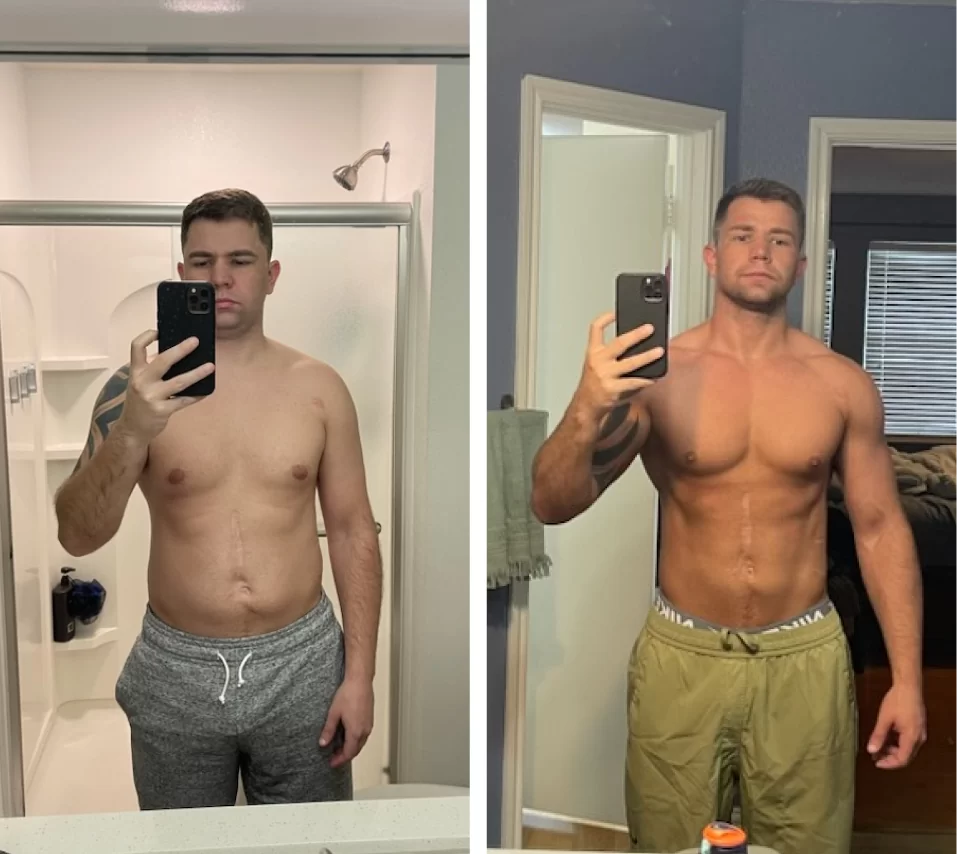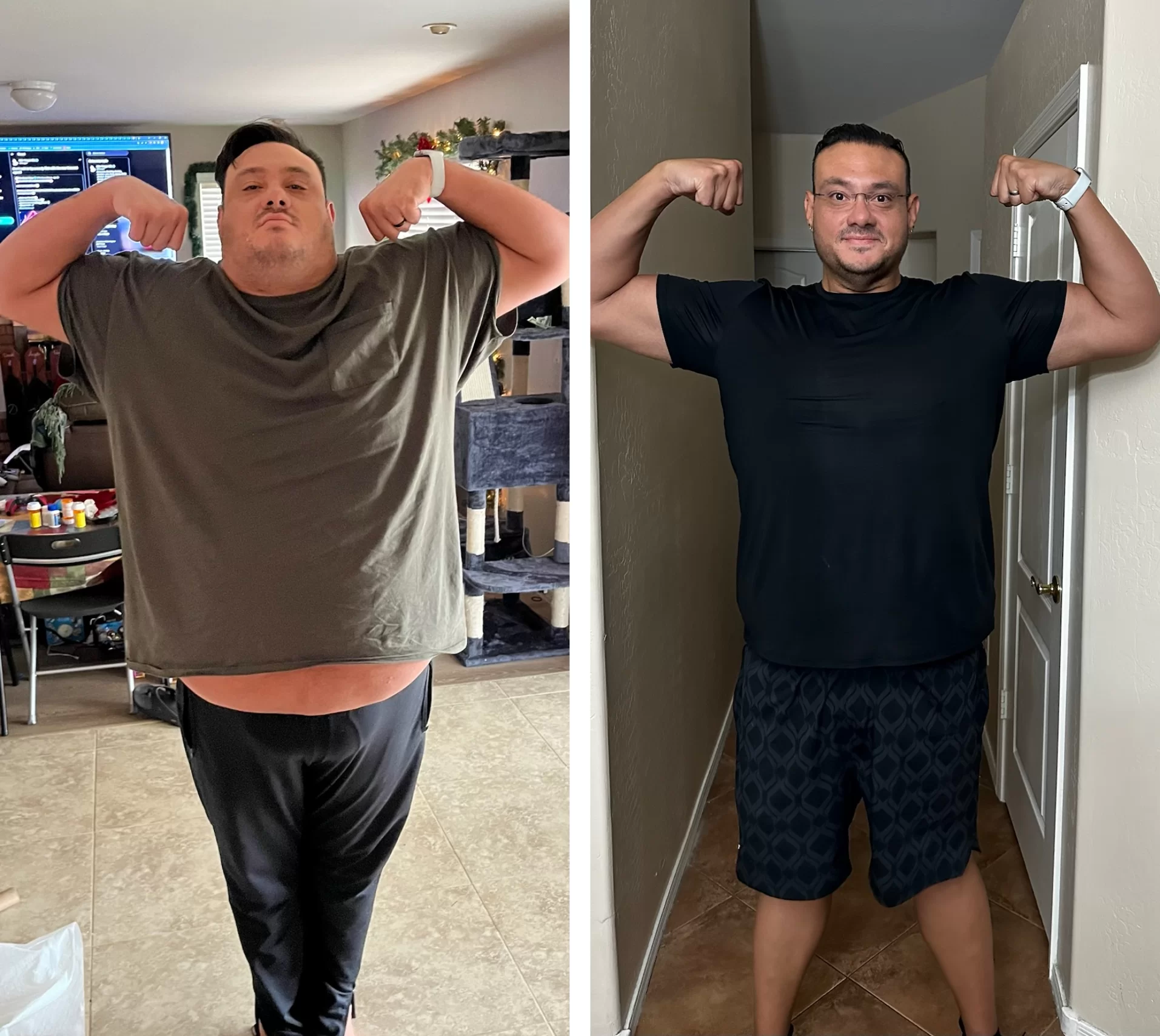Testosterone replacement therapy (TRT) is a safe, efficient way to optimize testosterone levels, especially when performed under strict medical supervision with the aid of wellness professionals. However, there are still minor risks: in some rare cases, people can develop a dependency on testosterone therapy.
While the risks are there, proper medical supervision and a solid understanding of testosterone withdrawal, its effects, and how to sidestep the potential for testosterone abuse can go a long way towards preventing them from occurring.
What is Testosterone Withdrawal?
Put simply, testosterone withdrawal is what happens when your body forms a chemical dependency to testosterone supplements and then goes without them for a period of time. When a person starts using testosterone boosters, the body’s own natural levels of testosterone decrease, according to theEncyclopedia of Sports Medicine and Science.
Consequently, when testosterone therapy stops suddenly, the body is faced with a lack of testosterone without the body naturally producing its own T to replace it. This chemical imbalance can result in uncomfortable symptoms that can cause people to feel dependent on the hormone to avoid them.

In general, the longer you’ve been taking testosterone treatments, the longer your body might take to adjust back to your body’s normal testosterone levels after you stop. Those who go through short-term testosterone treatments do not typically encounter severe withdrawal symptoms.
Withdrawal factors are different for every person, depending on how long you have been taking testosterone, the speed at which you have started or stopped therapy, and more. Individual factors also play into your risks for withdrawal, including diet, exercise, age, stress levels and more.
The dosage also plays heavily into withdrawal factors. The more testosterone you take per dose, the more severe your withdrawal reaction may be. Those who stop TRT cold turkey as opposed to tapering off slowly are much more likely to experience withdrawal symptoms as well.
What Happens When You Experience Testosterone Withdrawal?
These symptoms may vary in length and severity, but most people who undergo testosterone withdrawal experience the following:
Testosterone Cravings
Like any chemical dependency, your body will start to crave what it has become dependent on; after stopping testosterone therapy, you may experience a desire to take more testosterone. This can largely be avoided with the right cycle-off program, however, as aided by wellness professionals under medical supervision.
Anxiety
Testosterone boosters are often reported to lead to lower anxiety; testosterone withdrawal, then, corresponds with a similar spike in anxiety.
Depression
When people cycle off testosterone, they tend to report some mild depression for up to two weeks. Depending on whatever circumstances you may be going through, that could increase. For older men, having lower testosterone has a markedly greater contribution to depression.
Headaches
Withdrawing from anything tends to result in tension headaches and cycling off testosterone is no exception. As your nervous system adapts to functioning without the testosterone booster, you may experience that kind of head pain.
Muscle Loss
As you come off testosterone boosters, you lose the ability to easily and quickly pack on lean muscle mass to the extent that you did before. Stopping the booster can invariably lead to muscle loss on some level.
Decreased Libido
Along with losing muscle mass, your sex drive may diminish as the result of stopping testosterone therapy.
Slower Cognition
Since testosterone is strongly linked to higher cognition, stopping your treatments can lead to deficits in thinking speed and memory, resulting in a kind of “brain fog” that is part and parcel of withdrawal.
Weight Fluctuations
Just as people on testosterone tend to lose or gain weight depending on your body composition when you started therapy, you may also experience a commensurate change in the other direction as you wean yourself off the hormone.
How Long Does it Take to Recover
While these testosterone withdrawal symptoms can seem scary when read off a list, most testosterone withdrawal only lasts for a week or two after coming off testosterone boosters.
Of course, this depends on the aforementioned factors like age, stress, and nature of testosterone therapy; for longer period regimens of high-dose testosterone, people can experience more severe symptoms when coming off therapy. Some cases like this can take months to show full recovery.
If you are on a staggered testosterone therapy regimen, you can become used to the withdrawal symptoms as you continually cycle on and off testosterone. However, for those people who have just quit for the first time, these symptoms can be overwhelming.
How Can You Stave Off Its Effects?
Perhaps the best thing to do is to consult a medical professional before taking testosterone in the first place. Or at least get a consultation if you’re considering starting a TRT program. Here are a few other things you can do to avoid withdrawal.
Use Natural Testosterone Boosters
One way to avoid testosterone withdrawal symptoms is to give your body as much natural testosterone as it can, so it does not feel the absence of the treatments as acutely. This can include taking zinc supplements and other supportive therapy and pharmacotherapy, eating more healthy fats, lowering stress levels, and working out.
Taper Off with Medical Supervision
These alternative methods of preventing testosterone withdrawal symptoms can only do so much to keep you from experiencing withdrawal symptoms; the most effective way is to just work with your wellness professional to find the right rate to start weaning yourself off the hormone.
By gradually taking less and less testosterone, your body has a chance to recover and start producing testosterone on its own once more. This should lead to less chance of cravings, and diminished severity of the aforementioned symptoms of withdrawal. As a result, you’re far less likely to cycle back onto testosterone due to shear dependence.
When undergoing any kind of hormone therapy, particularly TRT, it is important to communicate with your wellness professionals and strictly follow the regimen they have set out for you.
For a consultation, contact Renew Vitality to get started on a guided, professionally supervised HRT that would seek to minimize withdrawal symptoms as much as possible.




